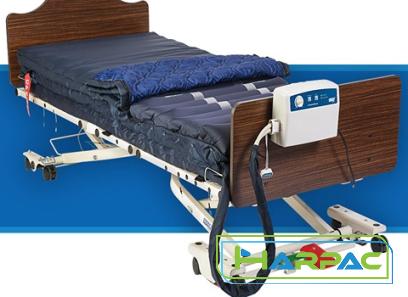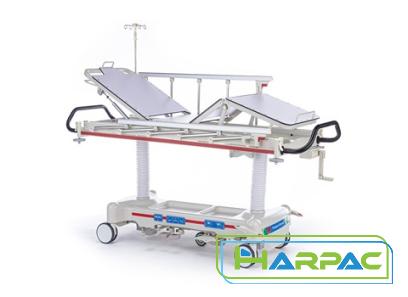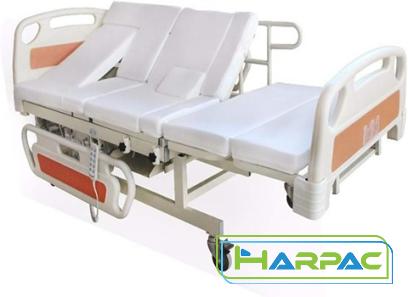When it comes to hospital bed mattresses, choosing the right size is crucial for patient comfort, safety, and treatment effectiveness. A properly sized mattress ensures that patients have the necessary support and space to rest and heal. In this article, we will explore the various factors to consider when selecting a hospital bed mattress size, highlighting its impact on patient care.
Importance of Proper Sizing
Hospital bed mattress size plays a vital role in patient comfort, preventing pressure ulcers, and reducing the risk of falls. An ill-fitting mattress can lead to unnecessary discomfort, compromised sleep quality, and an increased likelihood of bedsores. Moreover, patients with limited mobility or medical equipment may require extra space to move or use devices smoothly. Therefore, it is crucial to match the mattress size to the specific needs of the patient to ensure optimal safety, support, and overall well-being.

Standard Hospital Bed Mattress Sizes
Hospital bed mattresses come in various sizes, with standard measurements such as twin, full, queen, and king. Twin-size mattresses (38×75 inches) are typically used for single-patient beds, while full-size mattresses (54×75 inches) allow greater space for movement. Queen-size mattresses (60×80 inches) are suitable for larger hospital beds accommodating patients and caregivers, and king-size mattresses (76×80 inches) are primarily used in bariatric or multi-patient settings. Hospital mattress sizes can also be customized to fit specific requirements, ensuring the utmost comfort and care for patients.
Patient Considerations

When determining the appropriate hospital bed mattress size, it is crucial to consider the unique needs and conditions of the patient. For taller patients, extended-length mattresses may be necessary to prevent discomfort or limb displacement. Bariatric patients require wider or specialized mattresses to accommodate their weight and size adequately. Patients on devices, such as ventilators or IV pumps, may require additional space to house the equipment securely. In pediatric care, smaller-sized mattresses cater to the specific needs of younger patients. It is also essential to account for any potential space limitations in the room, accessibility for caregivers, and compatibility with the bed frame to ensure a proper fit.
Healthcare Provider Considerations
Healthcare providers must also consider their own needs when choosing hospital bed mattress sizes. For in-home care settings, mattress sizes should be selected based on the available space and maneuverability requirements. In long-term care facilities or bariatric units, specialized mattresses may be necessary to accommodate different body types, ensuring both comfort and safety. The availability of replacement covers and maintenance requirements should also be considered.

Choosing the correct hospital bed mattress size is essential for patient comfort, pressure ulcer prevention, and overall well-being, necessitating careful consideration of individual patient needs.









